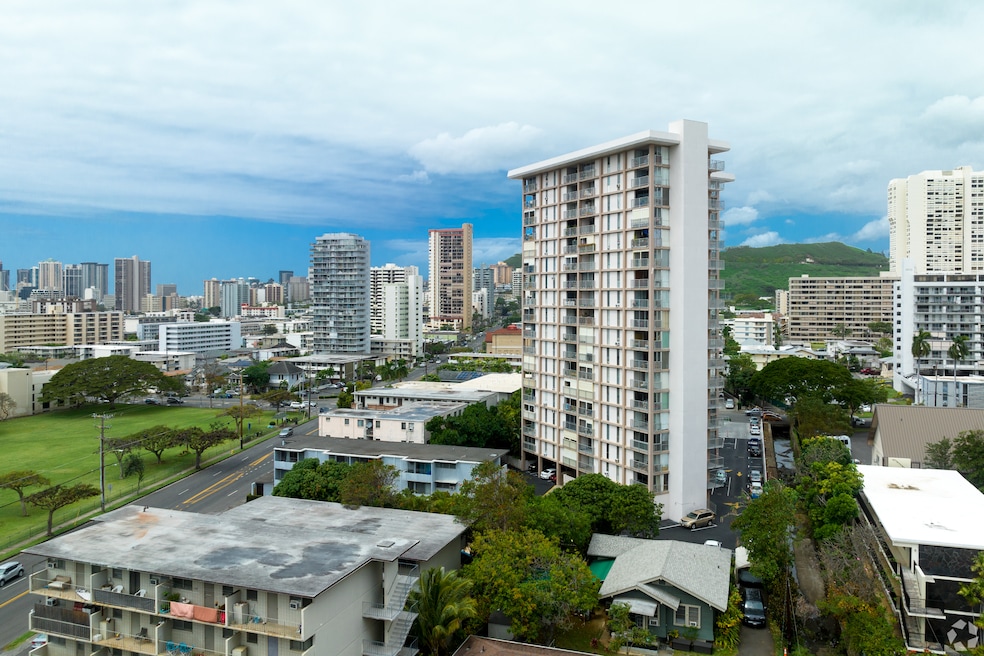Hawaii lawmakers have revived the state’s insurer of last resort to combat a growing coverage and affordability crisis in the condo market.
Governor Josh Green announced Monday that he reactivated the Hawaii Hurricane Relief Fund (HHRF), a program the state established in 1993 in response to Hurricane Iniki. The fund aims to “provide insurance coverage in scenarios where the private market fails to do so,” officials said.
The HHRF has started accepting applications for commercial property insurance coverage from condominium and townhouse associations of apartment owners, according to the governor’s office.
To be eligible, an association must have been denied by at least two state-licensed insurance companies and have a total insured value greater than $10 million.
The policy covers condo exteriors and amenities — things like outdoor furniture, maintenance equipment, window shades, public space furnishings and appliances — but it does not extend to individual property. In other words, homeowners are still responsible for insuring their units, but the HHRF coverage could lower their monthly association fees.
Lowering insurance costs so condos can afford repairs
Ultimately, the program’s goal is to lower insurance costs so condo buildings can focus on paying for repairs that make them eligible for private insurance, according to Representative Scot Z. Matayoshi, chair of the state’s House Consumer Protection and Commerce Committee.
“We targeted this bill to help the average condominium building, not the luxury high rises,” he said. “The long-term solution is for condominiums to address essential repairs and deferred maintenance, which will help them secure insurance in the future and improve the lives of their residents.”
The legislation passed this week also creates a low-interest loan pilot program, “encouraging condominiums to make specific high-impact repairs that should lower insurance premiums and raise unit values,” Matayoshi added.
Already, lawmakers say the program has eased pressure on prices.
“We anticipate this program can provide every eligible association with full coverage or a portion of their full coverage,” Acting Insurance Commissioner Jerry Bump said in a statement. “In just two weeks, we’ve seen pricing pressure and market competition significantly decrease the cost of coverage.”
“As we have already seen in some of the initial submissions, properties of all sizes have seen upwards of 70% savings on their hurricane insurance,” Alex McLaury, commercial insurance agent at ACW Group, added.
The insurance problem extends beyond Hawaii
Though the fund has been dormant since around 2000, when private insurers began re-entering the market, Green and other leaders say it's once again necessary “due to the instability in the insurance market that has been exacerbated by local and national environmental disasters.”
“The rising cost of insurance has become yet another unbearable burden for Hawaii and its residents over several years,” Green said in a statement.
For example, after the fires in Maui, some condo associations saw their insurance premiums increase by as much as 1,000%, according to the governor’s office.
It’s a problem that extends beyond Hawaii, too.
In Florida, for example, coverage costs for condo buildings have been rising due to intensifying hurricane seasons and the 2021 Champlain Towers collapse. In California, the cost of property insurance more broadly has become harder to attain as private insurers pull out of the market amid worsening wildfire seasons.

